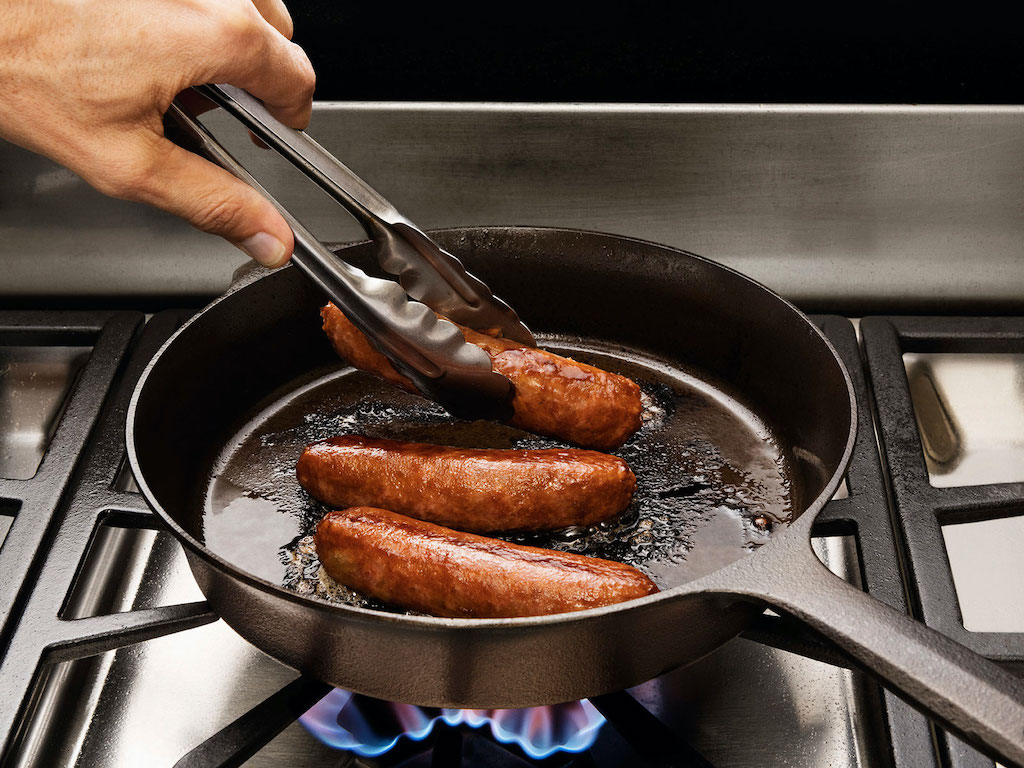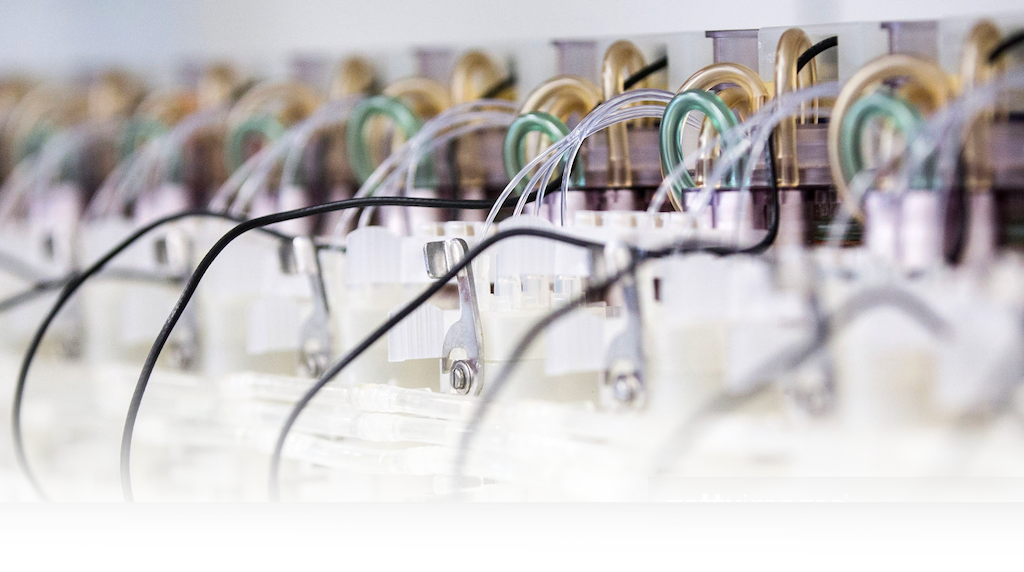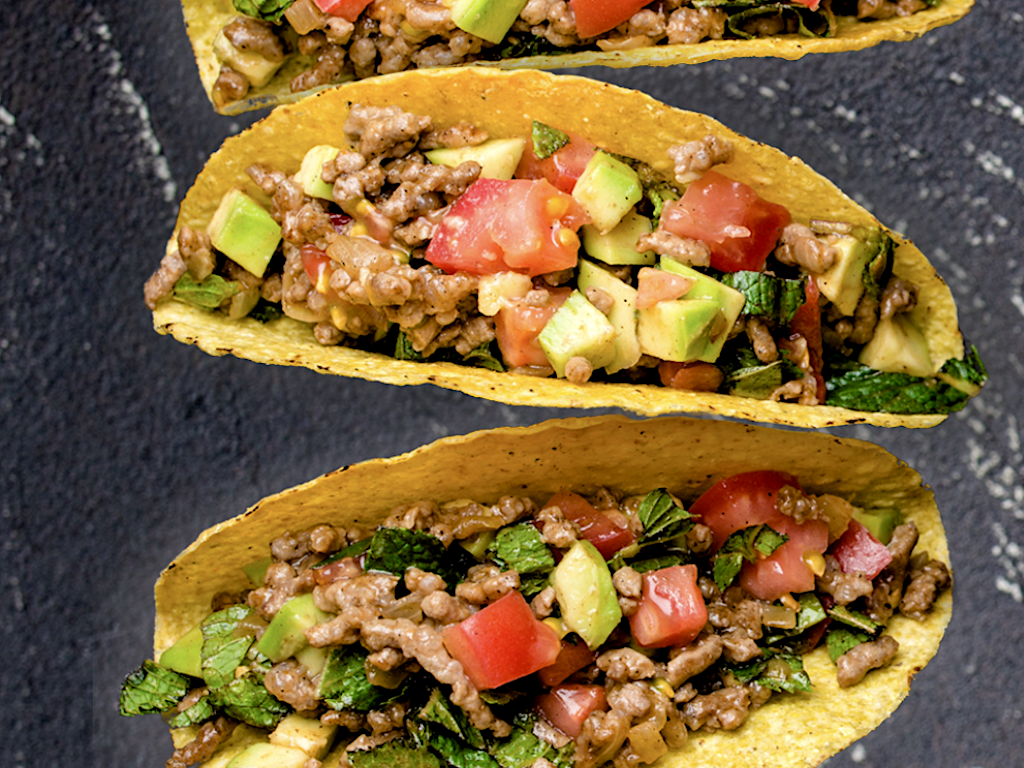Secret Ingredient: Motif FoodWorks To Replicate Animal Fat For Plant-Based Meat & Dairy
3 Mins Read
Motif FoodWorks, a Boston-based ingredient innovation startup, has just announced a new exclusive research collaboration with University of Guelph in Canada and founder of food tech Coasun Inc. and food science professor Dr. Alejandro Marangoni. The partnership will see the development of novel technologies to formulate lipids and other fibre-forming ingredients to help recreate the taste, texture and fattiness of conventional meat in plant-based meat and dairy products.
Founded in 2018, Motif is a food biotech startup based in Boston that brews proteins, nutrients and ingredient solutions for plant-based foods. With this new partnership, the company hopes to be able to create a plant-based fat that has the attributes of animal-derived fats, which will help elevate the taste, texture and appearance of vegan meat and dairy alternatives.
For many years, plant-based manufacturers have relied on the use of coconut oil and other plant-based fats in their products. While there have been some inroads into creating the fattiness of meat cuts by some companies, such as Spanish food tech NovaMeat’s 3D-printed “steak”, the majority of commercially available solutions typically do not cook, taste or interact with other ingredients in a way that animal-based fats do.
This is especially relevant for cooking purposes, as the structural properties of plant-based fat systems tend to be lost in the preparation and heat process. For Motif and many other vegan food techs, replicating animal-based fats is critical to produce plant-based meats and cheeses that mass consumers crave.

“Creating the right kind of fat structures in plant-based foods is one of the most significant and exciting challenges in the category because fat plays such a critical role in what makes some of our favorite food experiences so satisfying,” explained Motif CTO Mike Leonard.
Alongside their research partners, Motif will be researching solutions to replace saturated fat with an animal-free emulsion system that exhibits the same physical properties at room temperature. Some of the existing animal-based saturated fats that are widely popular across different cultures include butter, cream, lard and cheese.
Motif will also be looking at recreating critical animal fat structures, such as the marbling seen in cuts of meat such as steak and pork belly, which is what gives the distinctive tenderness, juiciness and flavour desired in conventional meat.
In addition, the year-long collaboration will aim to improve the meltability and elasticity of plant-based cheeses, which will improve the textural similarities of cheese analogues. The startup will exercise options after an exclusive evaluation period with its research partners to either acquire or license these technologies.

This isn’t the first time Motif has joined hands with other research teams to develop new ingredients and innovations for the plant-based space. It previously collaborated with the University of Massachusetts Amherst to generate new ways to characterise functional protein properties, and partnered with the University of Queensland to find avenues to improve plant-based meat textures.
Though more consumers have begun opting for plant-based diets in recent years, plant-based alternatives are now reaching the mass market, especially as concerns about health, safety, sustainability and vulnerability of the food supply chain become top of mind. According to market research firm Nielsen, sales of vegan meat jumped by 280% in the second week of March compared to the same period last year in the United States.
In Asia, consumers are also embracing plant-based meat and dairy as a wave of livestock diseases sweep through the region, from the ongoing African swine fever (ASF) outbreak to the recent reports of avian flu and resurgence of Div1 virus affecting shrimp farms.
Lead image courtesy of Motif FoodWorks.



